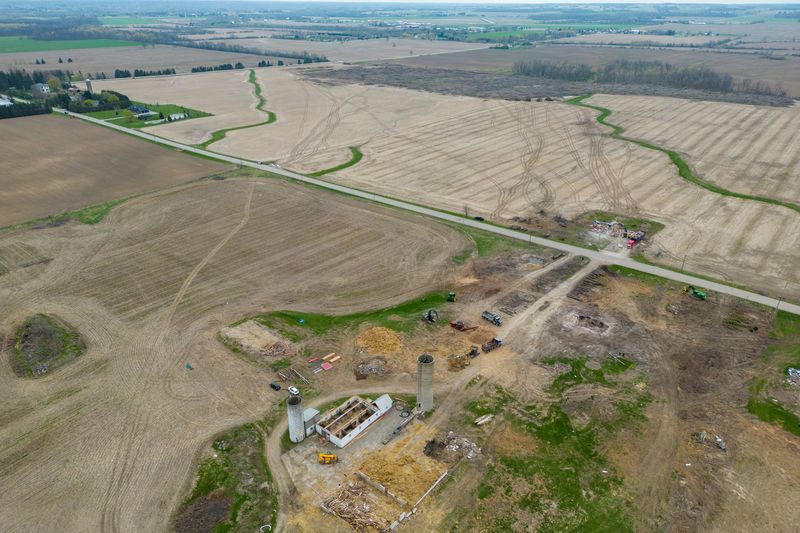Investing.com’s stocks of the week
By Divya Rajagopal and Urvi Manoj Dugar
(Reuters) -The Canadian government will take 20 years to recoup the combined C$28.2 billion ($21 billion) subsidies it is offering Volkswagen (ETR:VOWG_p) and Stellantis-LG Electric Solutions to build two electric vehicle (EV) battery plants, the country's budgetary watchdog said on Tuesday.
Canada, home to a large mining sector for minerals including lithium, nickel and cobalt, is offering generous incentives to compete with the U.S. to woo battery makers to set up plants in the country, as it seeks to emerge as a key hub for EV supply chain.
Parliamentary Budget Officer Yves Giroux projected that the combined revenue generated from the two plants would only match the production subsidies by 2043, if production starts in 2024. The government subsidies are expected end by 2032.
When Volkswagen announced the plant in April, Prime Minister Justin Trudeau said the economic impact of this project "will be equal to the value of government investment in less than five years."
In May, Stellantis (NYSE:STLA) stopped constructing its EV battery plant in Windsor, Ontario, saying the Canadian government did not deliver on the committed subsidies. The dispute was resolved after two months of bargaining when the government agreed to provide subsidies similar to the one it gave Volkswagen.
Canada's industry minister Francois-Philippe Champagne said in statement on Tuesday that the watchdog's report does not capture many of the broader economic impacts on the supply chain. He added that the report does highlight that these investments will generate economic benefits "far greater" than the government's contribution.
Canada's federal government and the province of Ontario together provided up to C$15 billion in performance incentives for a Stellantis-LG Energy Solution and C$13 billion in manufacturing tax credits and a C$700 million grant to lure Volkswagen.
($1 = 1.3557 Canadian dollars)
